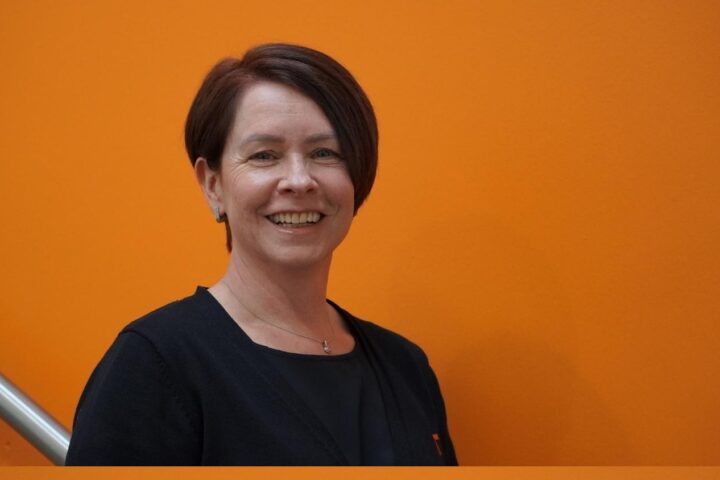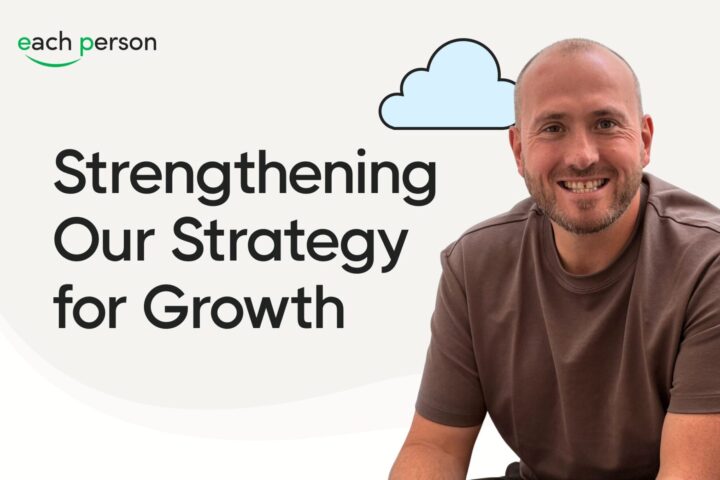A recent survey by CEMS, the Global Alliance in Management Education, which includes the Stockholm School of Economics as a member and current president, has found that a majority of young professionals are confident about the role of artificial intelligence (AI) in daily life. With 57% expressing comfort or high confidence, and only 15% feeling unsettled, the results suggest a generational shift in the perception of AI.
The survey targeted recent graduates from the CEMS Master in International Management program, capturing sentiments as they enter the workforce or continue their studies. The positive outlook on AI may be influenced by its smooth integration into everyday tasks and its potential to address global challenges.
CEMS student Joelle Soumi shared her perspective: “AI is proving to be a better search engine than most. ChatGPT will answer a specific question whereas Google provides a bunch of results. You can train AI to think similarly to you. This provides young professionals with a great starting point to their work and helps them reach deadlines faster, further optimising their time and the company’s resources.”
She also reflected on the broader implications of AI: “Young professionals genuinely think they can, and are capable of, changing the world. We are optimistic and know that even though the world is struggling at the moment it will get better. New technology will be able to help when it’s fully mastered.”
Lars Strannegård, president of the Stockholm School of Economics and chair of CEMS, also commented on the approach to AI education: “We want our students as well as our faculty to approach AI with a fact-based, reflective mindset. We see the potential and the opportunities this new technology brings, and we see where it is lacking. We encourage our students to explore and hone the skills that make us uniquely human, fostering empathy and an entrepreneurial spirit, while leveraging technology to advance our society.”
















